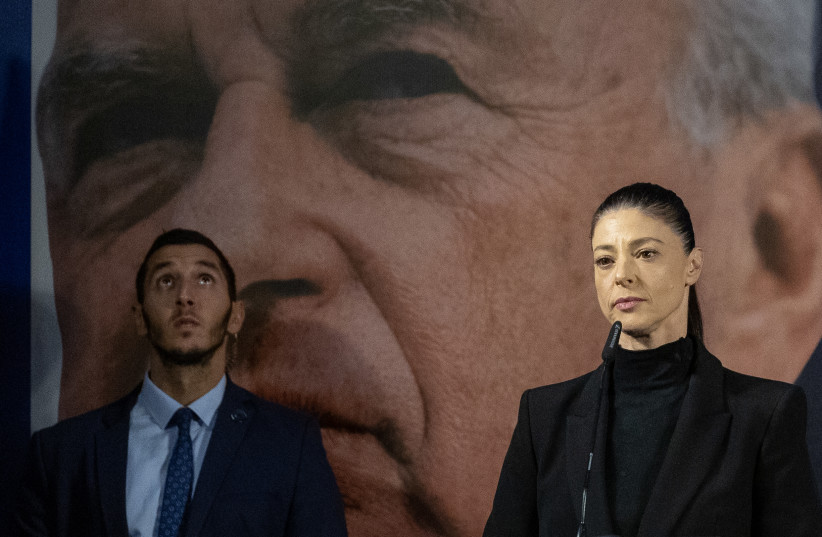November 4 marks the 27th anniversary of the assassination of then-prime minister of Israel, Yitzhak Rabin, at the end of a pro-Oslo Accords rally in Tel Aviv.
Shortly after the rally at Tel Aviv's Kings of Israel Square, later posthumously named after Rabin, Israeli right-wing extremist Yigal Amir shot the former prime minister three times, hitting Rabin twice as he was entering his vehicle.
Amir was sentenced to life in prison for the murder of the former prime minister and was later sentenced to an additional eight years for injuring Rabin's bodyguard, who was hit by Amir's third shot.
Rabin, born in 1922 in Jerusalem, was Israel's fifth prime minister, first serving from 1974-1977 and from 1992 until his November 1995 assassination.
Rabin was, among a long list of other military and political titles, a commander of the Palmach elite forces during the 1948 Israeli War of Independence, an IDF chief of staff and defense minister.
Merav Michaeli: Rabin's legacy is Labor's 'mission'
In a move seen by some as controversial and politically motivated, this year the Labor party, headed by Transportation Minister Merav Michaeli, moved the annual rally in memory of its former leader to October 29, three days before the Israeli election.
"A great and brave Israeli leader who led Israel to great achievements and peace - was called here, by many people, a traitor. Here they shouted 'death to Rabin'," Michaeli said in her speech at the rally, held in Jerusalem's Zion Square.

On Friday, Michaeli released what was only her second statement since her bloc lost to Likud leader Benjamin Netanyahu's majority bloc, losing three Knesset seats as sister party Meretz failed to cross the electoral threshold.
In the statement commemorating Rabin's assassination, the transportation minister said that "Rabin's legacy is our mission: To battle against the [future] coalition that will steamroll the rule of law, justice and ethics."
She added that Rabin "was murdered as part of an inciting, violent campaign of messianism, nationalism and darkness...the election was won by violence, messianism and nationalism.
"We must fight together alongside our partners to preserve the rule of law and the judicial system's independence," amongst "other backtracking in the works by [Otzma Yehudit head Itamar] Ben-Gvir."
Ben-Gvir, a former member of the Israeli terrorist group Kach, or Kahane Movement, threatened to kill Rabin several times in his youth. Two weeks before Rabin's assassination, Ben-Gvir said "we got to his car and we'll get to him too" after stealing an ornament from Rabin's car.
Yitzhak Rabin Memorial Day
Rabin's assassination is commemorated as a national memorial day across Israel.
A Knesset bill was passed in 1997, two years after his killing, to create the Yitzhak Rabin Memorial Day, held on Heshvan 12, the Hebrew calendar date of the former prime minister's assassination.
It is marked by all Israeli state establishments and institutions, with an annual memorial service held at his grave on Mount Herzl.
